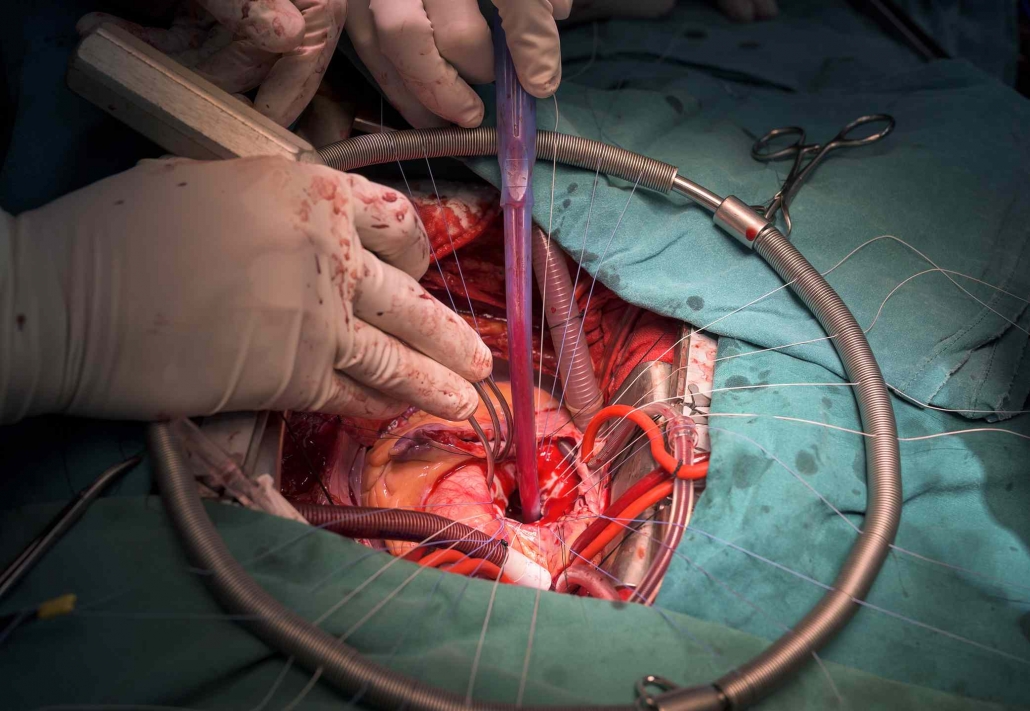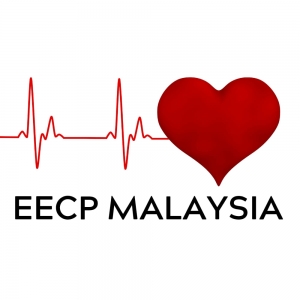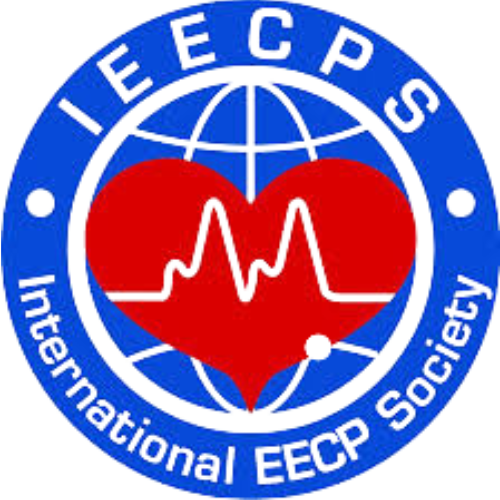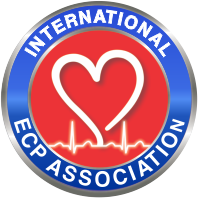EECP vs. Traditional Bypass Surgery: Which One Is Right for You? A Comprehensive Guide to Your Heart Health Options

The prevalence of heart disease is on the rise, affecting millions of people across the globe. When it comes to treating blocked arteries, the conventional method has been bypass surgery. However, this surgical approach is not always the optimal choice for everyone. Fortunately, there is a non-invasive alternative that has been gaining popularity in recent years: Enhanced External Counterpulsation (EECP).
EECP utilizes cuffs that are wrapped around the legs to enhance blood flow to the heart. These cuffs are then inflated and deflated in sync with the rhythm of the heart, which creates a gentle massage effect that can assist in the formation of new blood vessels, potentially bypassing blockages in the arteries.
Although bypass surgery is a proven treatment for heart disease, it does come with its limitations. The procedure necessitates an incision and a prolonged recovery period, and there is a risk of complications such as infection or bleeding. EECP, on the other hand, is a non-surgical approach to heart health that requires no surgery or anesthesia. This outpatient procedure typically takes around an hour per session, and patients can return to their daily activities right after the treatment.
So, which treatment is suitable for your situation? The answer depends on several factors, including your individual health status and requirements. While bypass surgery may be necessary for severe blockages, EECP may be a viable option for those seeking non-invasive alternatives. It is crucial to consult with your doctor to determine the best course of action for your specific needs.
In conclusion, both traditional bypass surgery and EECP are viable options for treating coronary artery disease. The choice of which treatment to pursue ultimately depends on various factors, including the severity of the blockages and the patient’s overall health. If you are experiencing symptoms of coronary artery disease, it is essential to consult with your doctor to determine the best treatment plan for you.




